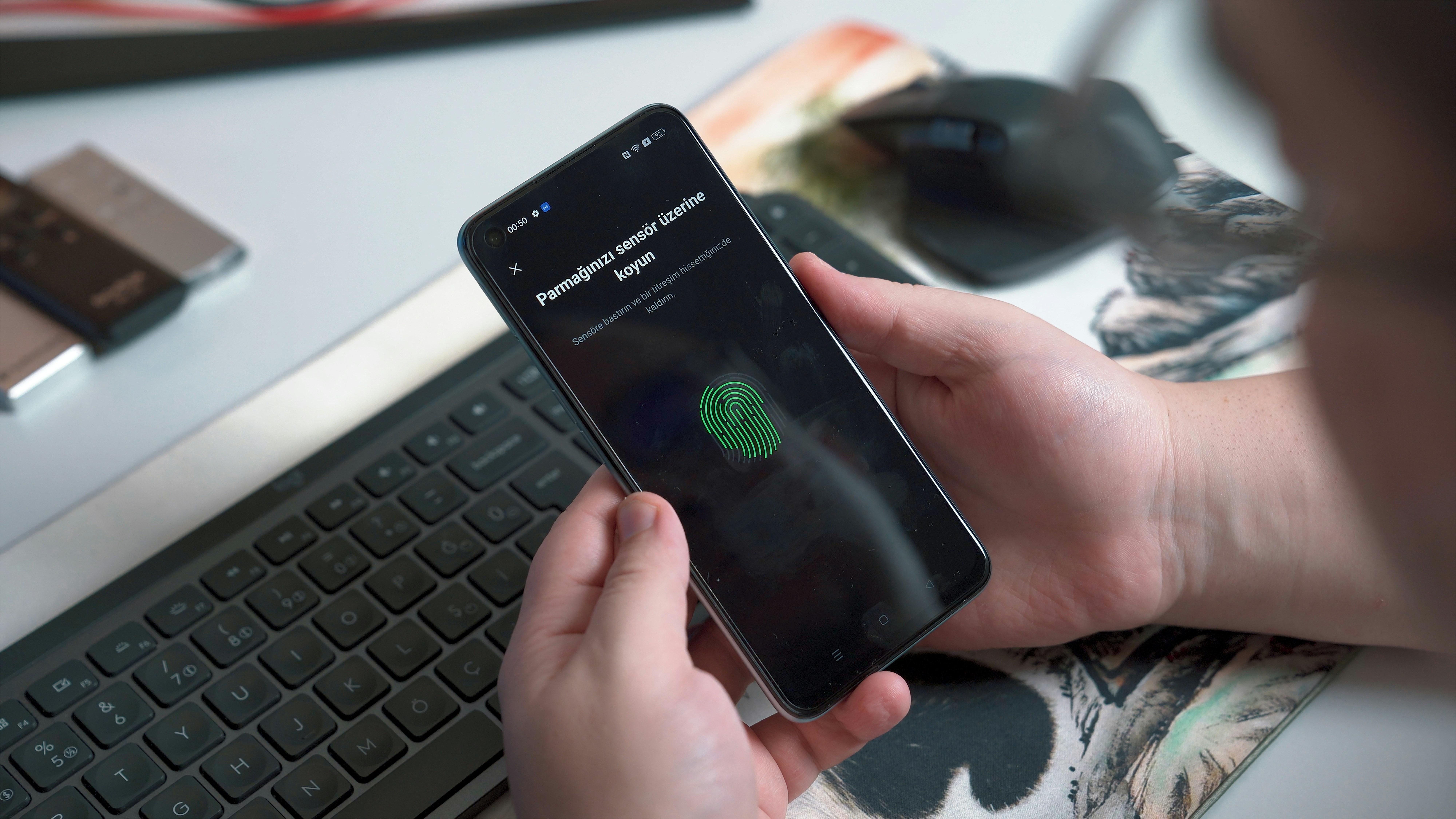In the ever-evolving world of digital romance, dating apps have become the modern-day matchmakers, bridging connections across continents and cultures. Yet, amidst the swipes and heart emojis lies a shadowy underbelly: the risk of scams. As technology advances, so too do the tactics of those with less-than-noble intentions. This raises a pressing question: Should dating apps mandate identity verification for all users to safeguard hearts—and wallets? In this article, we delve into the complexities of this digital dilemma, weighing the potential benefits against the challenges of privacy and accessibility, to explore if love in the digital age can truly be scam-proof.
Exploring the Role of Identity Verification in Dating Apps
In the digital age, dating apps have become a popular avenue for meeting new people, but they also present opportunities for scams and fraudulent activities. One proposed solution is implementing identity verification for all users. This approach could offer several benefits:
- Enhanced Security: By verifying identities, dating apps can create a safer environment, reducing the risk of catfishing and fraudulent profiles.
- Increased Trust: Knowing that other users are verified can foster trust, encouraging more genuine interactions and connections.
- Deterrent for Scammers: The requirement of identity verification can act as a significant barrier for scammers, discouraging them from creating fake accounts.
However, the implementation of such measures is not without challenges. Concerns around privacy and data security may arise, as users might be hesitant to share personal information. Balancing safety with privacy will be crucial for dating apps considering this path.

Balancing Privacy and Security in the Digital Dating World
In the ever-evolving landscape of digital dating, the challenge of balancing privacy with security becomes paramount. Identity verification on dating apps presents a potential solution to combat scams, but it also raises concerns about user privacy. Implementing such measures could help create a safer environment by ensuring that users are who they claim to be. This, in turn, could reduce instances of catfishing and fraudulent activities. However, it’s essential to consider how this requirement might affect users’ willingness to engage on these platforms.
- Increased Trust: Verified profiles can enhance user confidence, encouraging more genuine interactions.
- Privacy Concerns: Users may fear that their personal information could be misused or exposed.
- Barrier to Entry: Some might be deterred from joining due to the additional step of verification.
Ultimately, the key lies in finding a delicate balance that protects users without infringing on their privacy. By employing transparent data practices and giving users control over their information, dating apps can navigate this complex issue more effectively.

Understanding the Impact of Scams on User Trust and Safety
Scams on dating apps can severely erode user trust, leading to a ripple effect that affects both individual users and the platforms themselves. When users encounter fraudulent profiles, their sense of safety is compromised, often resulting in a hesitance to engage or even a complete withdrawal from the platform. This loss of trust can translate into a decline in user activity, ultimately impacting the app’s reputation and profitability. Users expect a safe environment where they can form genuine connections, and any breach of this expectation can have lasting effects.
- Emotional Distress: Victims of scams may experience feelings of betrayal and embarrassment, impacting their willingness to trust future connections.
- Financial Loss: Monetary scams can lead to significant financial damage, adding another layer of distress for users.
- Reputation Damage: A platform’s failure to prevent scams can result in negative reviews and a tarnished reputation, deterring potential new users.
Implementing robust identity verification processes could be a pivotal step in rebuilding and maintaining user trust. While this might introduce additional steps for users, the potential benefits in terms of increased safety and trustworthiness could outweigh the inconvenience.

Crafting Effective Strategies for Safer Online Dating Experiences
When exploring the concept of identity verification on dating apps, it’s crucial to weigh the potential benefits against the challenges. Identity verification could serve as a powerful tool to enhance user trust and minimize fraudulent activities. By requiring users to confirm their identity, dating platforms can create a more secure environment where individuals feel safer interacting with potential matches. This could potentially lead to:
- Reduced scams: Verifying identities can deter scammers who thrive on anonymity.
- Increased accountability: Users may behave more responsibly knowing their identity is confirmed.
- Enhanced trust: Genuine users might feel more comfortable engaging with verified profiles.
However, implementing such measures raises concerns regarding privacy and accessibility. Privacy issues could arise if users fear their personal information might be mishandled or exposed. Additionally, some might find the verification process cumbersome or invasive, potentially deterring genuine users from joining the platform. Balancing these aspects requires thoughtful consideration to ensure that the pursuit of safety doesn’t compromise user experience.



